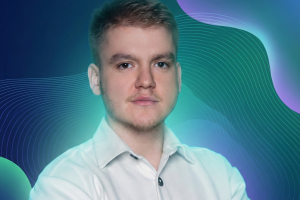
Android XR: A New Chapter in the Future of Extended Reality
What if the next evolution of Android wasn’t on your phone, but all around you?
With Android XR, Google has introduced a new operating system that blends the physical and digital worlds into a single immersive experience. Developed together with Samsung and Qualcomm, this platform lays the foundation for the next generation of headsets and smart glasses — confirming that Extended Reality (XR) is no longer futuristic theory, but today’s reality.
⸻
A major shift in immersive technology
Android XR extends the familiar Android ecosystem into spatial computing, allowing developers to create interactive 3D environments using standard Android tools such as Jetpack Compose XR. This means the same software that powers billions of smartphones will soon enable applications that fill a room, respond to gestures, and merge seamlessly with our surroundings.
The first devices built on Android XR, including Samsung’s upcoming Galaxy XR headset, are confirmed to launch before the end of 2025, according to Android Authority and TechRadar. These products represent an open alternative to proprietary platforms such as Apple’s Vision Pro or Meta’s Horizon OS, which currently dominate the spatial-computing market (WebProNews, 2025).
⸻
Why this matters for GRACE
The arrival of Android XR underscores the relevance of the GRACE Programme. Our students explore precisely the kind of human-centred, interdisciplinary design this new platform requires, combining XR development, game design, and didactic innovation to create applications that address real-world challenges.
From education and healthcare to creative industries and smart manufacturing, GRACE equips graduates to turn immersive technology into meaningful experiences. Where Android XR provides the technical framework, GRACE delivers the professionals who will bring it to life.
⸻
A shared vision for immersive learning
Both GRACE and Android XR share a belief in open collaboration and applied innovation. GRACE students study across Austria, the Netherlands, and Latvia, working with international mentors and industry partners to prototype new XR solutions. As the XR market accelerates, their expertise will be essential, not only to build new tools but to ensure these technologies remain inclusive, ethical, and impactful.
As XR Today notes, the evolution of XR smart glasses and mixed-reality wearables will further blur the boundaries between digital and physical space. This shift mirrors GRACE’s focus on preparing students for a future where immersive technologies are part of everyday learning, work, and creativity.
⸻
Join the next generation of XR professionals
The application period for the GRACE Joint Master 2026 intake is now open until 1 February 2026. If you want to study at the forefront of Extended Reality, gamification, and real-world innovation, start your application today at grace.eudres.eu/apply.
Image credit
Header image created using Google Gemini AI for illustrative purposes. No direct affiliation with Google or its products is implied.



